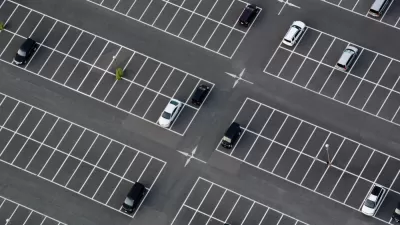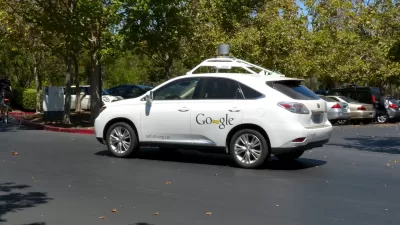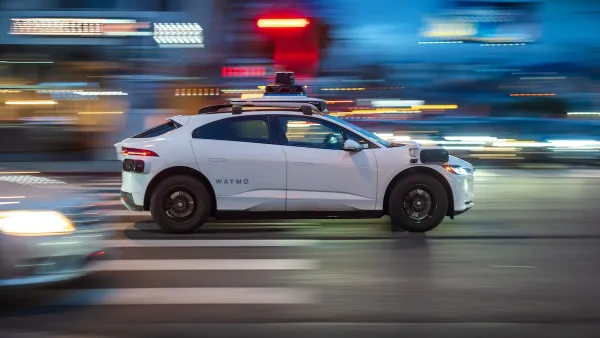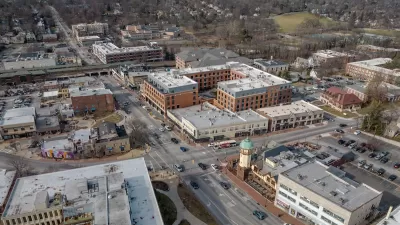No one is really sure how many parking spots the United States contains, but estimates stretch up to 2 billion.

This may conjure up images of asphalt seas surrounding suburban shopping malls, but city centers have their fair share as well. Manhattan, arguably one of the least amenable places in the country to cars, has 102,000 public off-street parking spaces [pdf] below 60th Street — more than four times the size of Disneyland. Studies have shown that a significant number of the cars circulating in central business districts at any given time are just looking for parking [pdf].
It also plays a major role in new construction, and not for the better. “Parking is the 800-pound gorilla in land development,” said Will Baumgardner, leader of Arup’s transport and mobility business in the Americas. On most projects, municipal zoning codes require developers to provide at least a set minimum amount of parking. Investors also exert pressure on this front. They often hesitate to fund projects with fewer-than-normal spots, fearing that potential tenants will be scared off by concerns over inaccessibility.
As a result, Baumgardner said, “many office projects build as much space for parking as floor space for people” — significantly increasing the development’s overall cost.
New frontiers
As autonomous vehicle (AV) technology advances, forward-thinking designers, developers, and policymakers are beginning to envision a world with much less parking.
FULL STORY: As a driverless future dawns, should we still build parking?

Maui's Vacation Rental Debate Turns Ugly
Verbal attacks, misinformation campaigns and fistfights plague a high-stakes debate to convert thousands of vacation rentals into long-term housing.

Planetizen Federal Action Tracker
A weekly monitor of how Trump’s orders and actions are impacting planners and planning in America.

In Urban Planning, AI Prompting Could be the New Design Thinking
Creativity has long been key to great urban design. What if we see AI as our new creative partner?

King County Supportive Housing Program Offers Hope for Unhoused Residents
The county is taking a ‘Housing First’ approach that prioritizes getting people into housing, then offering wraparound supportive services.

Researchers Use AI to Get Clearer Picture of US Housing
Analysts are using artificial intelligence to supercharge their research by allowing them to comb through data faster. Though these AI tools can be error prone, they save time and housing researchers are optimistic about the future.

Making Shared Micromobility More Inclusive
Cities and shared mobility system operators can do more to include people with disabilities in planning and operations, per a new report.
Urban Design for Planners 1: Software Tools
This six-course series explores essential urban design concepts using open source software and equips planners with the tools they need to participate fully in the urban design process.
Planning for Universal Design
Learn the tools for implementing Universal Design in planning regulations.
planning NEXT
Appalachian Highlands Housing Partners
Mpact (founded as Rail~Volution)
City of Camden Redevelopment Agency
City of Astoria
City of Portland
City of Laramie





























